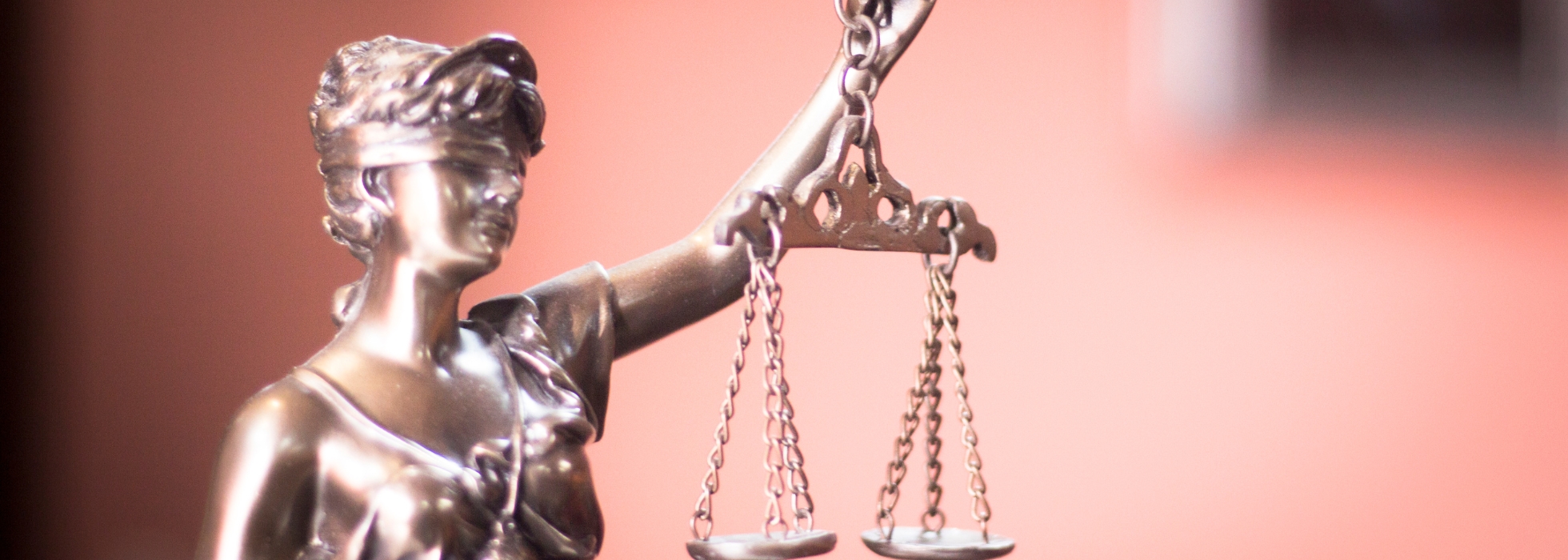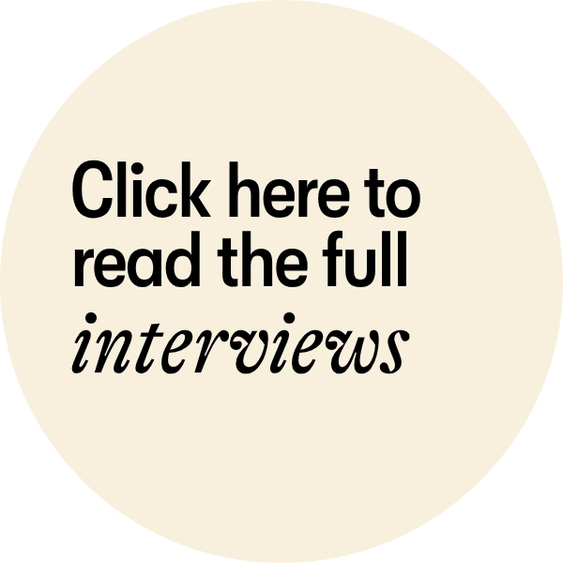
Women in Clinical Negligence - Part 1
Published on 13/10/25
This month, ARAG and Tula Medical Experts will be hosting a roundtable discussion at the Law Society, focussing on the role that women play in the field of clinical negligence law. Ahead of that meeting, we asked a number of women, at different stages of their legal careers but all working in clinical negligence, about their views and experiences.
One question that we put to them was about the biggest challenges that they had faced in their legal careers. The answers are quite diverse, but some common themes certainly emerged.
To read the full interviews, please click here or on the icon to the right.
Sarah Stanton - Medical Negligence Partner, Moore Barlow LLP
My background is very modest - I was the first generation of my family to attend university and was brought up by a single parent. I made salaried partner quite early on in my career but never quite shook off the feeling of imposter syndrome. Just as I was starting to, I was told I was going to be made redundant as a salaried partner, 5 weeks after having my second child. That was a real emotional and practical challenge. Luckily this meant that I found my way to my present firm which has been hugely supportive and has allowed both my own career and our team to thrive.
Arti Shah - Clinical Negligence Partner, Fieldfisher
I am a second-generation state school-educated daughter of immigrant parents, and the first lawyer in my family. I had no connections in the legal industry and remember making hundreds of applications for training contracts and almost wanting to give up law altogether, before I got my break – a real lesson in resilience and believing in yourself.
I am grateful to so many people who have supported me from the sidelines at times when I have wanted to give up and who have got me to Partnership at a global firm. I am so pleased that the profession is becoming more accessible and that there are so many different routes into qualifying now, and at the other end of the spectrum, I truly believe that diverse representation and visibility in senior positions matters on so many levels.
Amelia Sutcliffe - Clinical Negligence Solicitor, The Smith Partnership
The biggest challenge I’ve faced in my career is likely to be imposter syndrome, which I know is not a struggle I’m alone in. It’s very easy to feel inadequate, or inexperienced, in a role, especially during the early stages of your career. However, years of purposefully placing myself out of my comfort zone have really helped me begin to work through this. Whilst there still are blips, I am starting to trust my ability to adapt, overcome and thrive in the role.
A struggle more specific to clinical negligence would be my empathy and emotion. Once I truly appreciated and understood that negligence does not discriminate and could happen to anyone, including yourself and your loved ones, I found a whole new empathetic perspective to the work. It's important to allow yourself to feel the emotions that come in our case load, but not to be driven by them. It's a hard balance to find, but one I am slowly mastering.
Ramune Mickeviciute - Solicitor, Clinical Negligence - Hugh James
To start with, and overall, the biggest challenge was to get that training contract. I felt that I was good at what I was doing. I had good grades and lots of experience, but it still took several years. Looking back now, I am grateful that this was my experience, because once I qualified, it truly felt not only that I deserved it, but that I had the required experience to call myself a Solicitor.
Thereafter, the challenge remains to climb that career ladder. I am quite impatient and like to see results quite quickly. Clinical negligence has taught me to be patient as things take time, cases take time to settle, investigations depend on other people reporting to you etc. I am still challenged by that, but motivation is key, so I just keep going.
Sarah Kingsley Fried, Senior Associate - Fieldfisher
One of the biggest challenges was choosing clinical negligence over other specialties which might be considered more prestigious or glamourous (...or lucrative!). I sat down and thought hard about what I wanted to wake up and do every working day for the next 40 years. In the end, the choice was obvious. It is a cliché but I "followed my heart".
Janine Collier, Executive Partner, Medical Negligence - Tees Law
One of the biggest challenges - both early on and still today - has been learning how to say no. By nature, and certainly by profession, I’m someone who wants to help. That instinct is a huge part of what drew me to clinical negligence in the first place: the desire to be there for people at their most difficult moments, to fight their corner, to make something better out of something often deeply traumatic.
But the flip side of that drive is the risk of overextension - of trying to be everything to everyone. That simply isn’t sustainable. Learning to recognise where I can add the most value and having the courage to say no to things that pull focus from what’s mission critical, has been a difficult but vital lesson.
Whether it’s turning down work that doesn’t align with my expertise, delegating when I’d instinctively step in, or protecting time to think strategically rather than reactively, maintaining a laser focus on what really matters - for the client, for the case, and for my team - has taken and continues to take real discipline.
It’s not always easy and I have to regularly remind myself that saying no isn’t about closing doors; it’s about preserving the energy and clarity needed to walk through the right ones with purpose.
Disclaimer - all information in this article was correct at time of publishing.
Related articles


